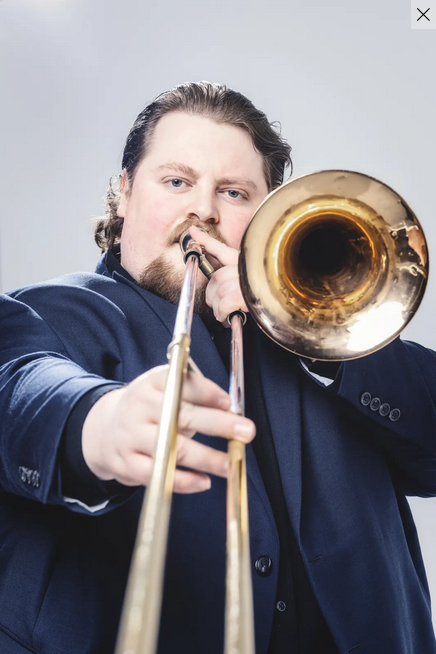Alright – so today we’ve got the honor of introducing you to Zach Rich. We think you’ll enjoy our conversation, we’ve shared it below.
Zach, appreciate you joining us today. Earning a full time living from one’s creative career can be incredibly difficult. Have you been able to do so and if so, can you share some of the key parts of your journey and any important advice or lessons that might help creatives who haven’t been able to yet?
I’ve recently reached the point where I earn a full-time living from my creative work. It’s been quite a journey to get to this point! Like many trombonists, I started playing in middle school band. I definitely liked being a “band nerd”, but have to admit that I never considered it could be an attainable career path outside of being an educator. I originally wanted to pursue biochemistry or neuroscience and began my undergraduate degree with that in mind. I had a music scholarship covering tuition, but I still thought of music as more of an extracurricular activity. About a year into my degree, I realized I wasn’t happy with the path I was taking in life and got to the point where music was the only real light at the end of the tunnel. I started dabbling with composition around this time and figured that I’d just go all in as a composer and trombonist. I felt that I had nothing to lose and the thought of barely scraping by financially deterred me less than staying on the path I was on. I chose to move to Colorado for a fresh start and began a teaching assistantship at the University of Northern Colorado. While the assistantship covered my tuition, the pay was very low and I had to work several dead-end jobs to make ends meet. I’m very thankful for this experience though as the music program gave me the space I needed to cut my teeth as a composer/arranger and the minimum wage jobs galvanized me into seizing what opportunities I could in order to elevate my situation. I began entering competitions with my music, “winning” occasionally. The biggest “win” was plugging into the larger music community and realizing how inspiring and supportive it is. I gradually built my resume and contacts list and have been a self-sufficient, full time musician for the past four years. In that time, I’ve written for or performed with organizations such as the New York Youth Symphony, Ravinia Festival, the Kennedy Center, Jazz at Lincoln Center, the Jazz Education Network, the Colorado Symphony, the Colorado Jazz Repertory Orchestra, the Greeley Philharmonic and the Count Basie Jazz Orchestra just to name a few. I’ve performed and worked directly with Knower, Billy Childs, Steve Wilson, Rufus Reid, Braxton Cook, Tia Fuller, Wycliffe Gordon, Rene Marie, Larry Braggs and John Clayton among many others. As I continue to grow, I’m finally realizing that I’m not “owed” anything in this life. It’s important to keep hustling, setting clear goals and working to achieve them. If I could give my past self any advice, it would be to stop waiting for opportunities to fall into my lap and focus on creating my own. I’ve enjoyed my journey immensely and cannot wait for what’s in store as I continue to evolve as an artist and as a human. The artistic community has been such a blessing in my life and remains full of support and inspiration!
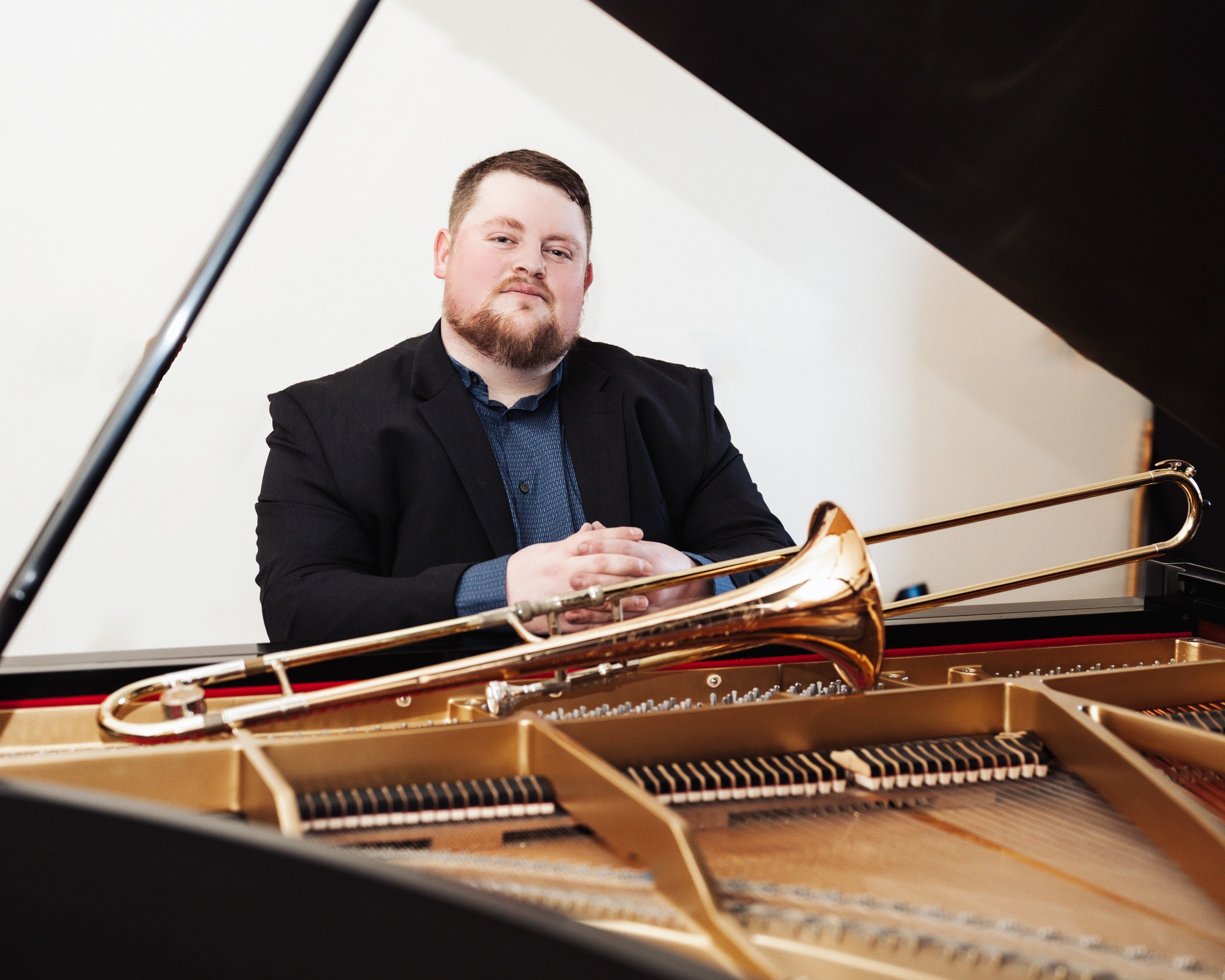
Zach, before we move on to more of these sorts of questions, can you take some time to bring our readers up to speed on you and what you do?
I started playing trombone and trumpet in middle school, but fell in love with composing, arranging and producing in my 20s. I started composing for large jazz ensemble and branched out to many other ensembles and genres as I met and collaborated with new clients. Since arranging is the written side of who plays “what, when and where” in music, arranging and producing go hand in hand. I pride myself in my ability to make any ensemble serve the music, whether it’s a symphony orchestra or a three piece rhythm section. For my arranging service, I work with the artist and/or musical director to create clear, neatly written parts that studio musicians can record efficiently, maximizing studio time. With production, I help clients figure out more of the compositional side of things, balancing thematic content and providing optimal support for vocalists or feature instrumentalists. I love to orchestrate for real instruments, mixing texture and timbres to get that special “pop” in the studio. I also work with digital instruments to create the right soundscape for the client. I often work with large ensembles such as jazz orchestras or horn bands, but I’ve also worked with many small groups featuring singer songwriters in R&B, Neo-Soul, Hip Hop, Americana, Rock, Jazz and Folk settings. As an all-around brass player and arranger, I’m able to create large soundscapes and full horn section sounds in my home studio. This not only cuts production costs, but also creates more cohesion within the final product. I’ve met and collaborated with many gifted rhythm section players throughout my musical journey. This affords me the ability to organize high level, versatile ensembles ready to tackle anything that comes their way. My chamber music album “Solidarity” along with “Compared to What” featuring Larry Braggs, “Time to Be” by Amanda Greatorex and Graham Good and the Painters’ title album highlight my abilities as an arranger, producer and brass musician.
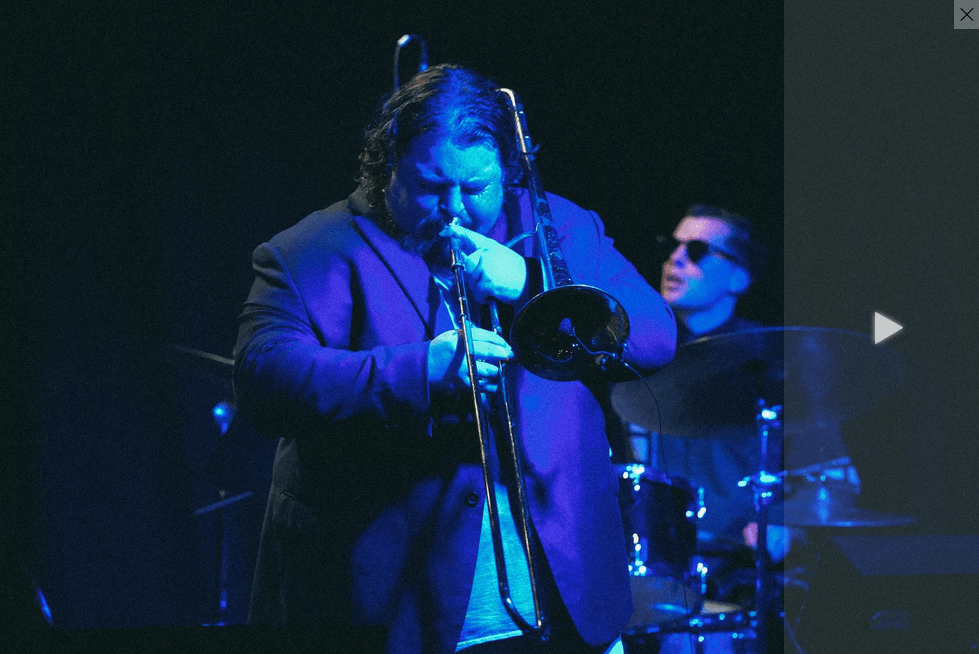
How can we best help foster a strong, supportive environment for artists and creatives?
As we enter a new era of technology spearheaded by AI and machine learning, the best thing society can do to support artists is to advocate for and enjoy work created by humans. While AI models certainly have a lot of potential to create positive change, it’s important that we as a society prioritize the creative and human elements of art. Support local artists as well! Most big cities around the world have thriving music and art communities who possess a wealth of unique, collective skills and knowledge. As music becomes more commoditized, individual patronage grows in importance. If something intrigues or inspires you, go check it out!
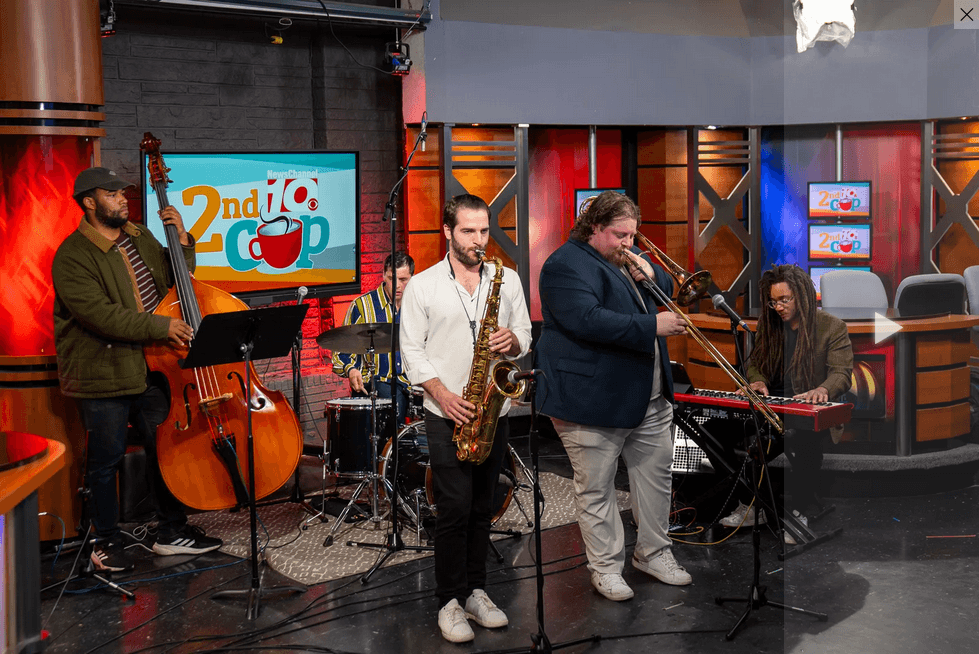
What do you find most rewarding about being a creative?
To me, the most rewarding aspect of being an artist is the amazing community we continue to build. Everyone brings something unique and special to the table and collaboration is encouraged. We support each other mentally, spiritually and sometimes financially, providing a place of solace and safety for anyone to express themselves. On a more selfish side, I love waking up knowing that I get to perform my favorite music with some of my favorite humans. It’s a tough career at times, but it’s extremely rewarding!
Contact Info:
- Website: https://www.zachrichmusic.com
- Instagram: https://www.instagram.com/zachrichmusic
- Facebook: https://www.facebook.com/zachrichmusic/
- Youtube: https://www.youtube.com/channel/UCyeZTD3xvIwSro6gGpUhR8g
- Soundcloud: https://soundcloud.com/zach-rich-2
- Other: https://originarts.com/oa2/recordings/recording.php?TitleID=22225
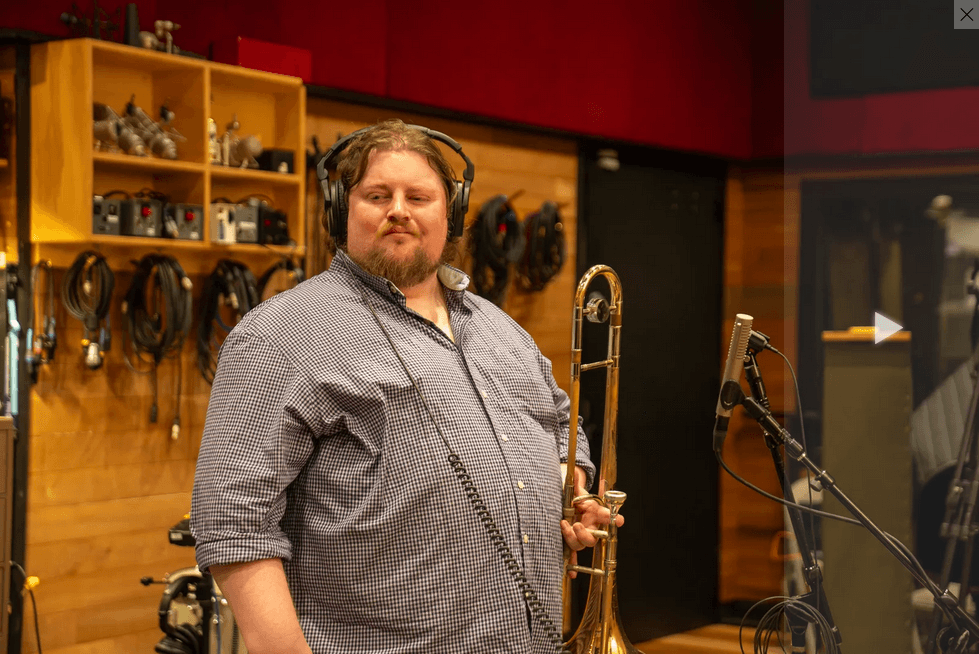
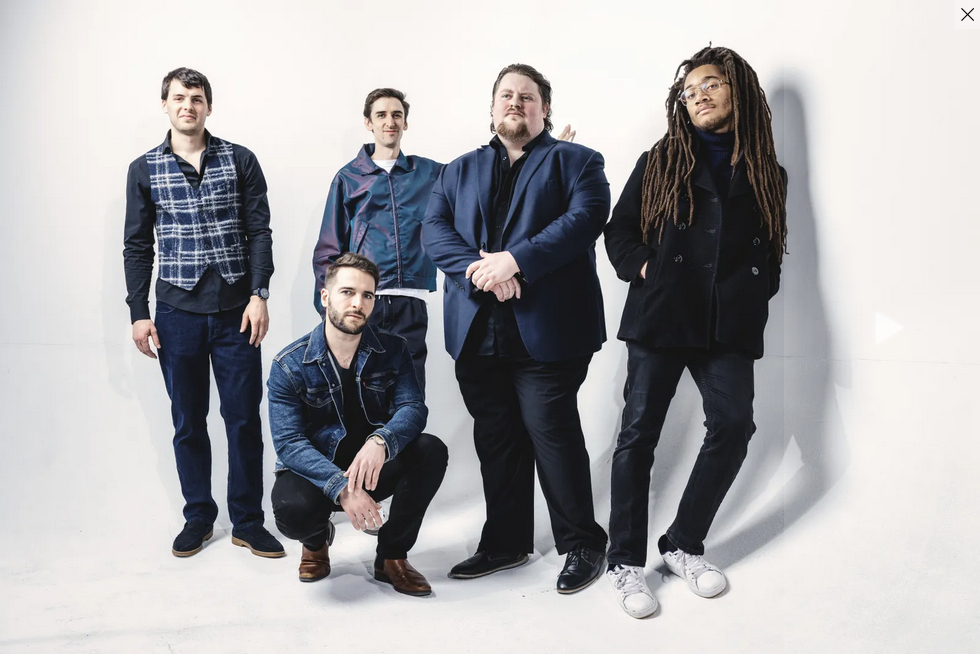
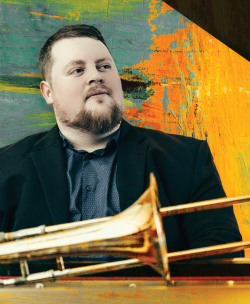
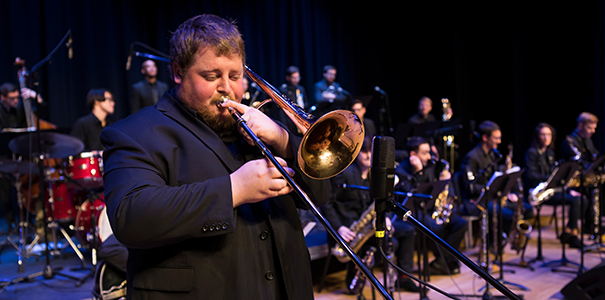
Image Credits
Beau Dähler – Photography
Bryan Cordero – Photography


